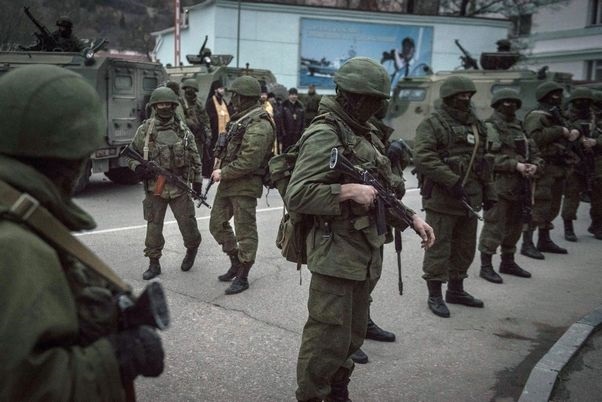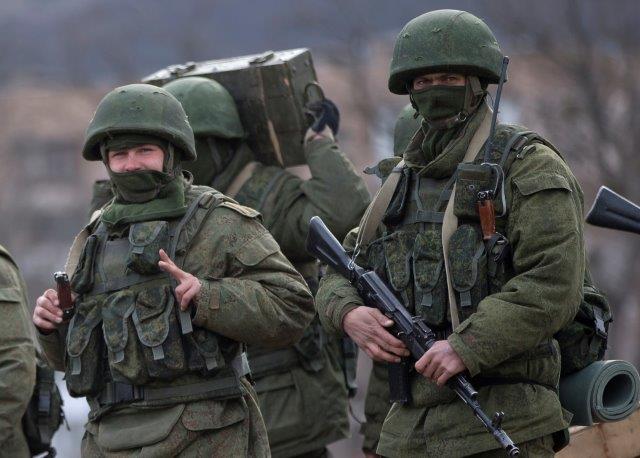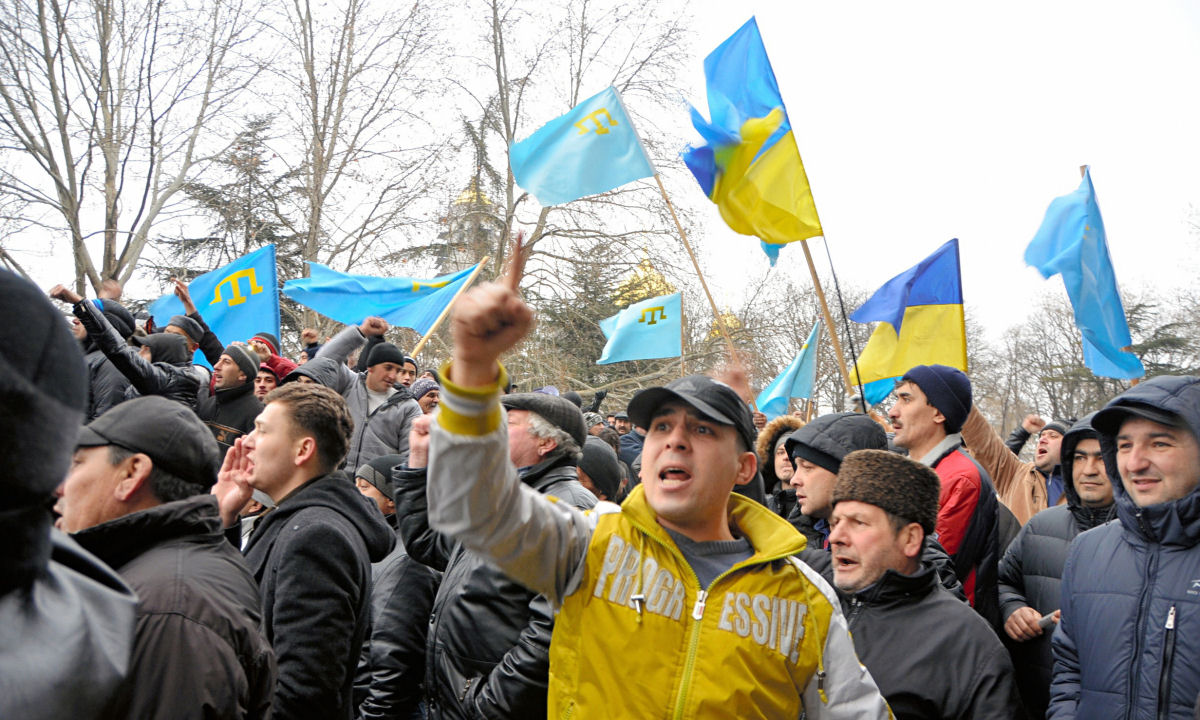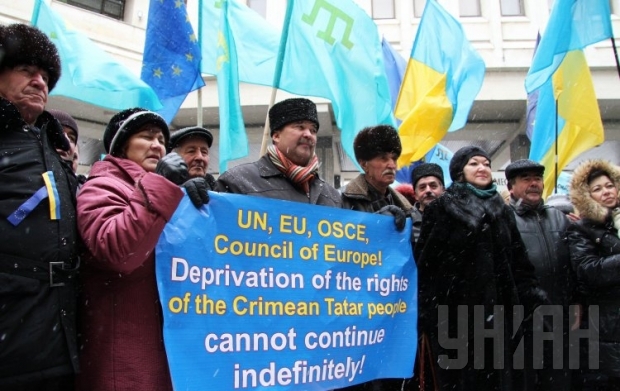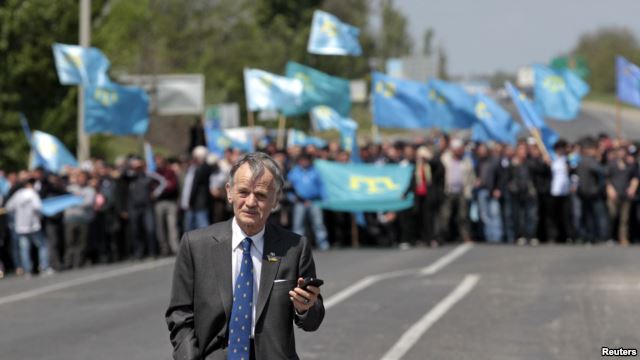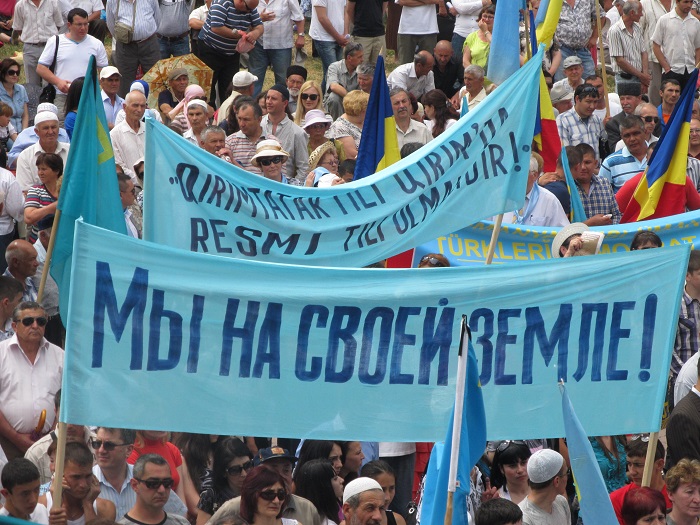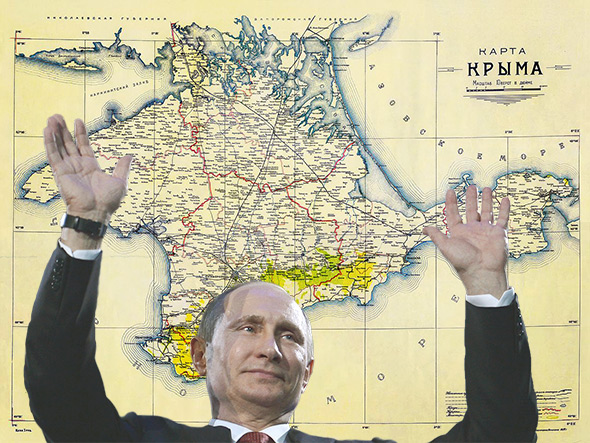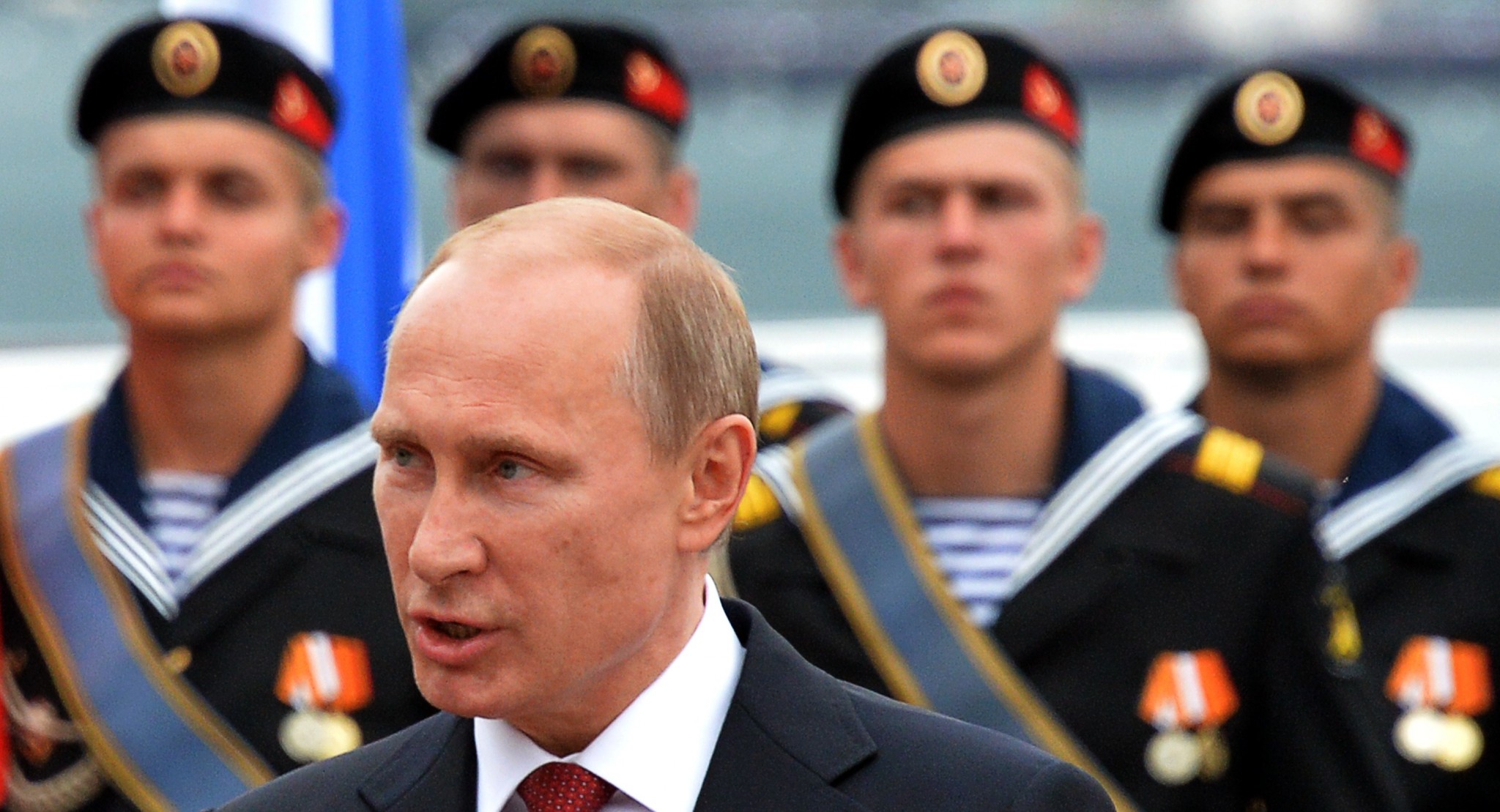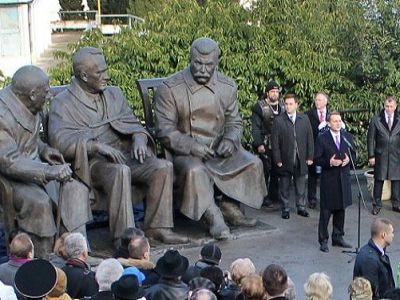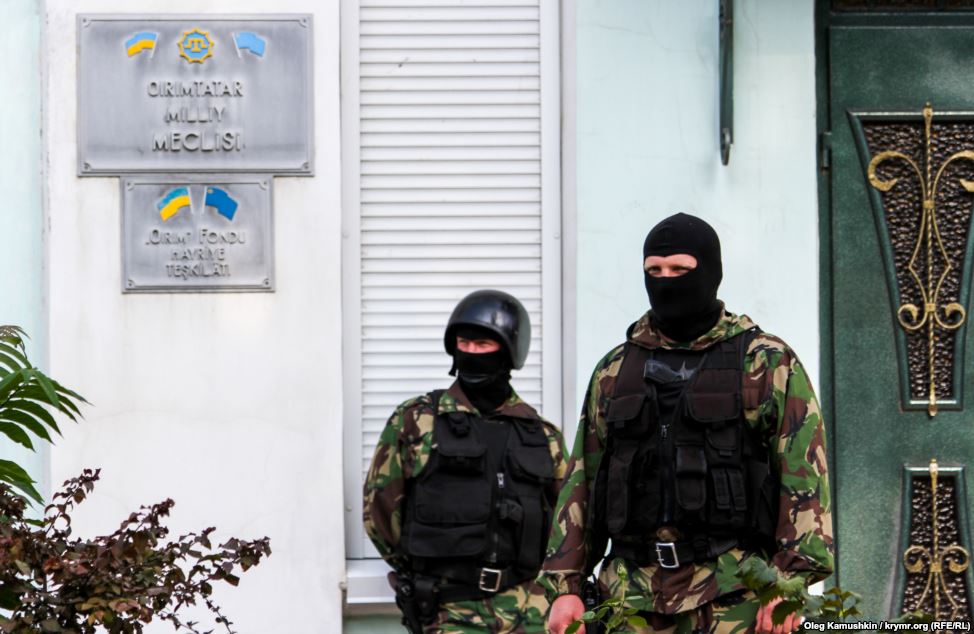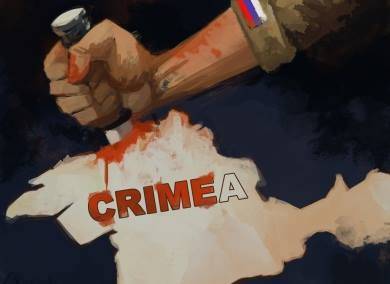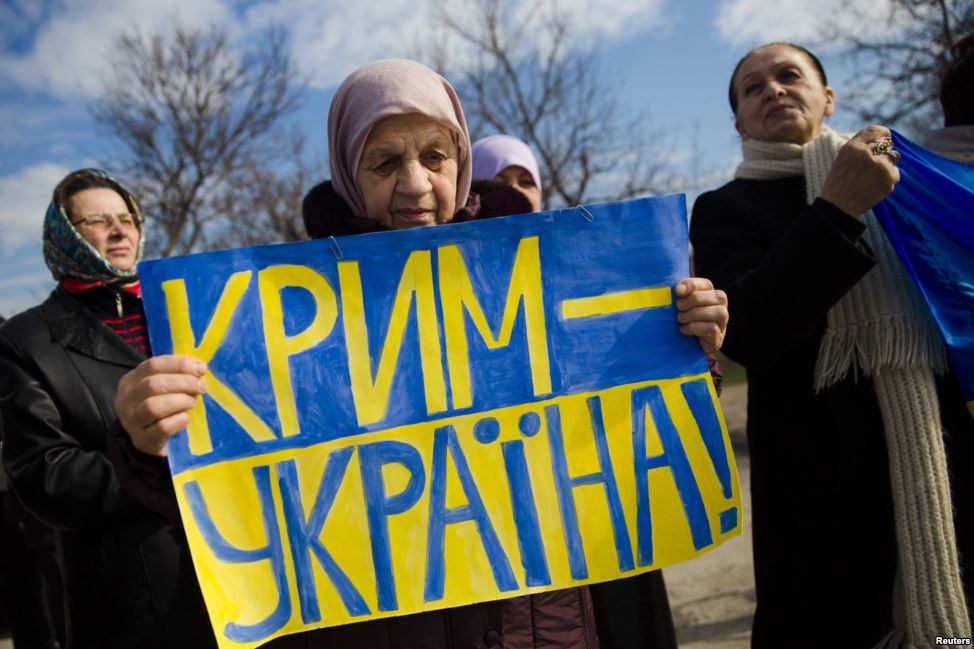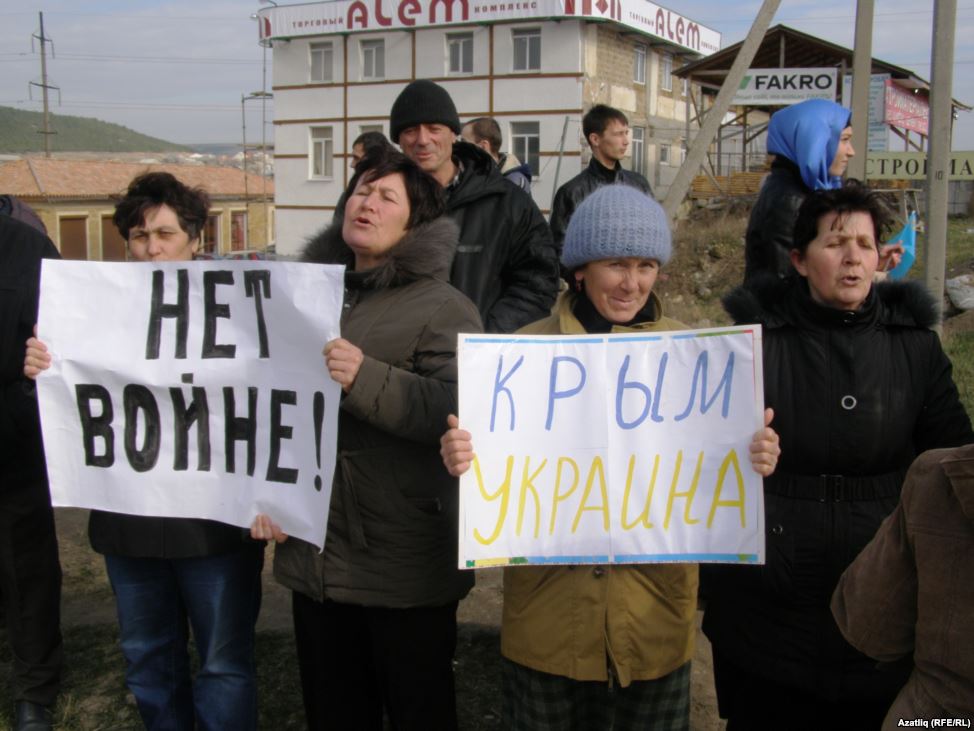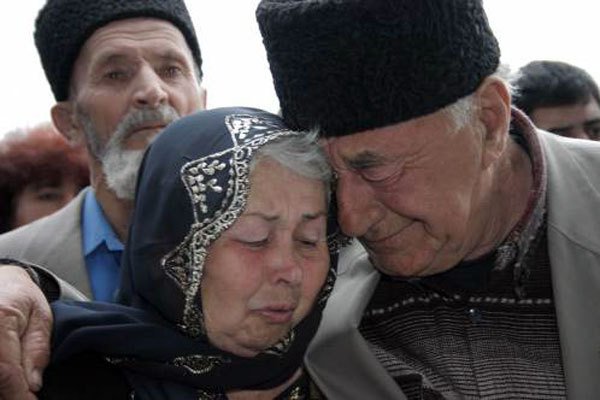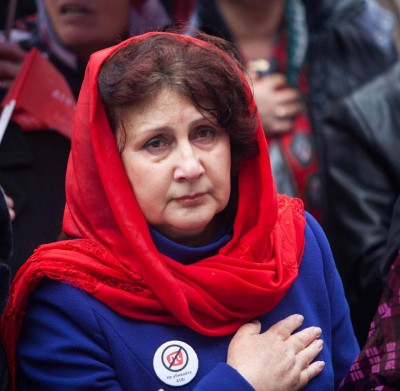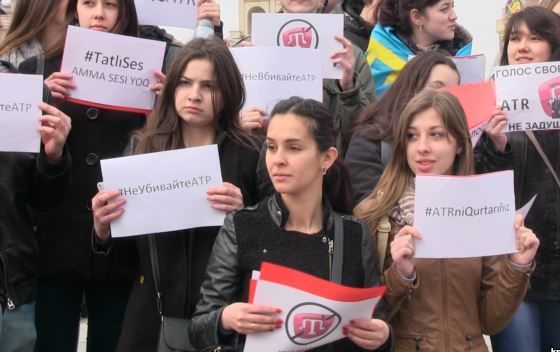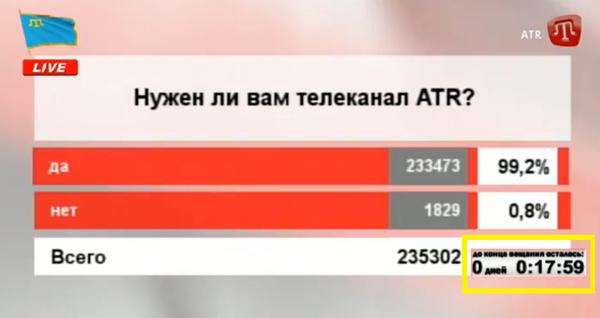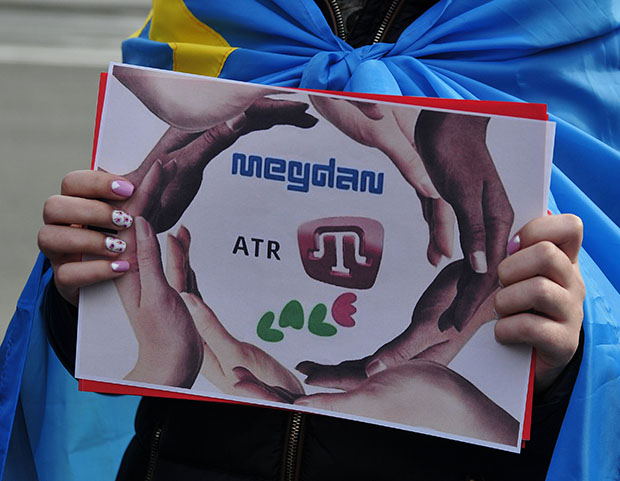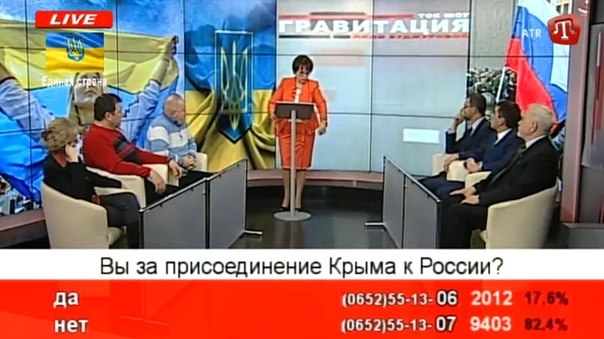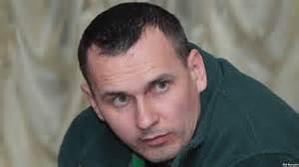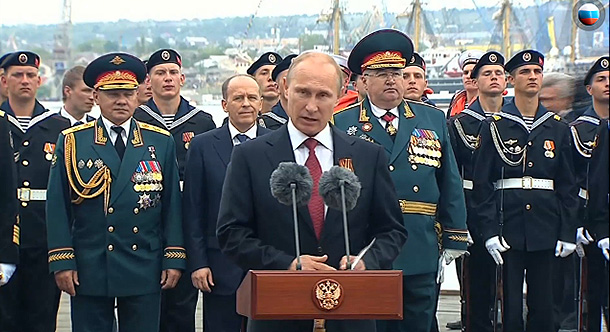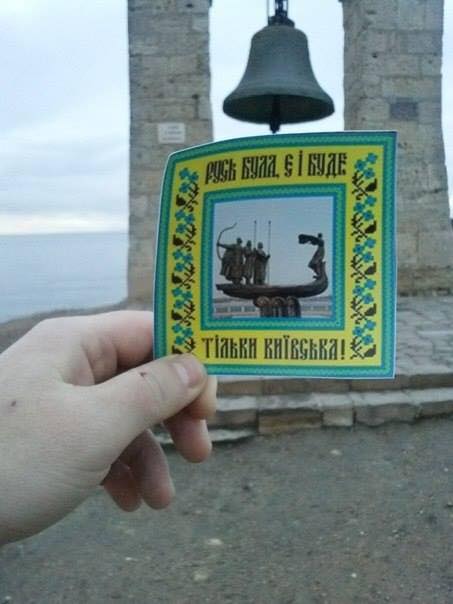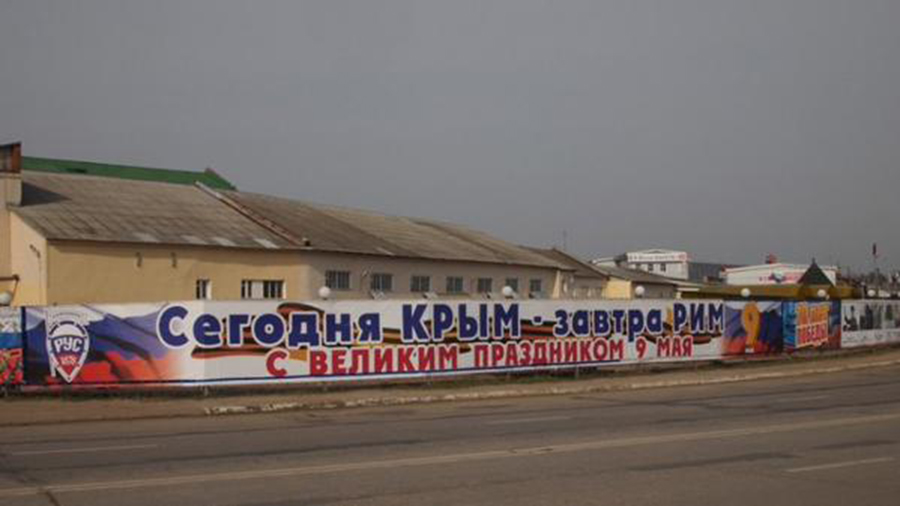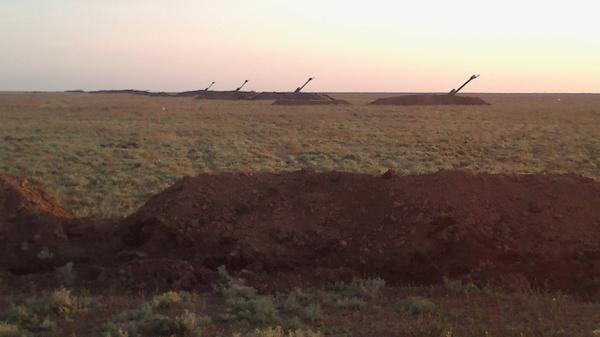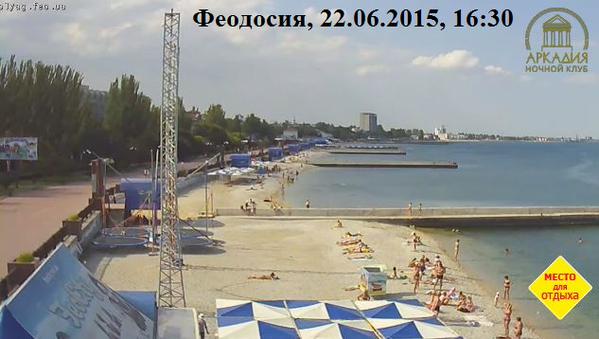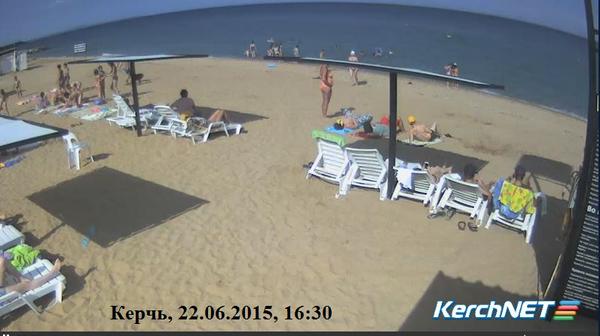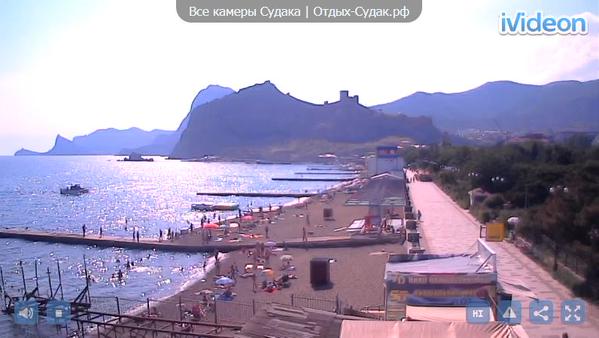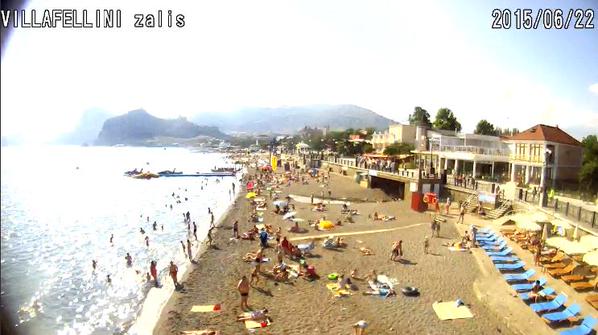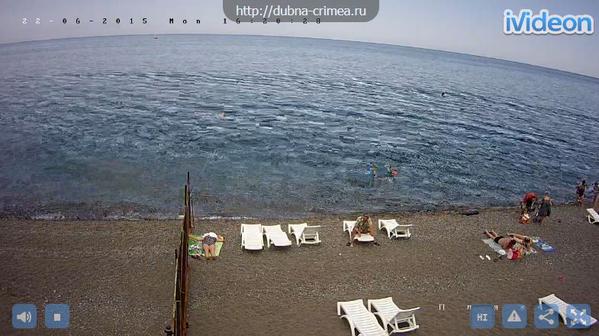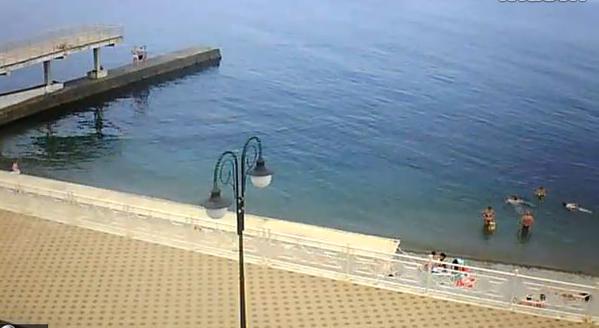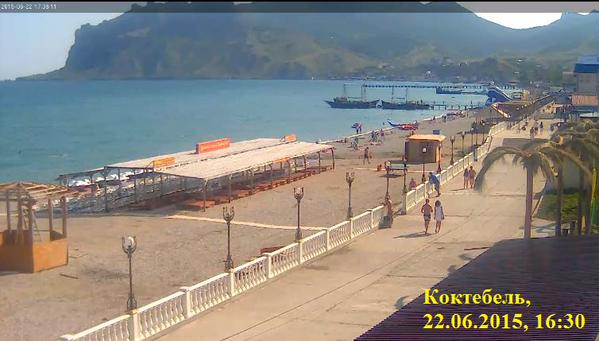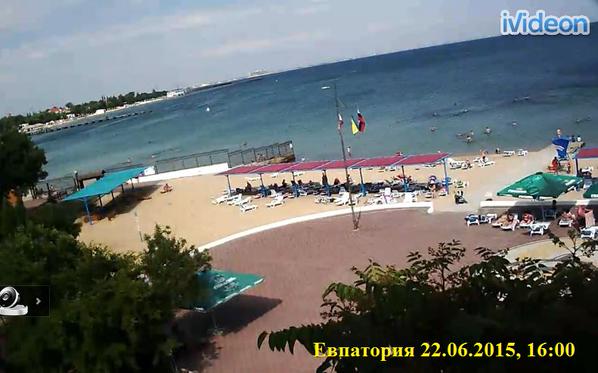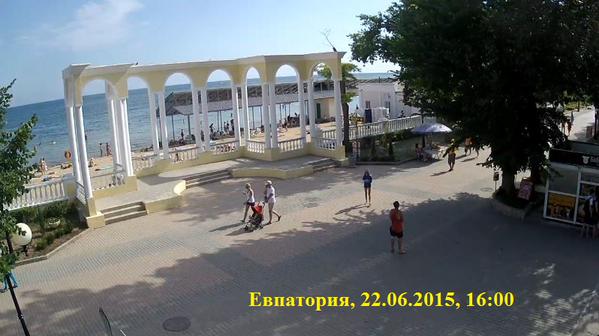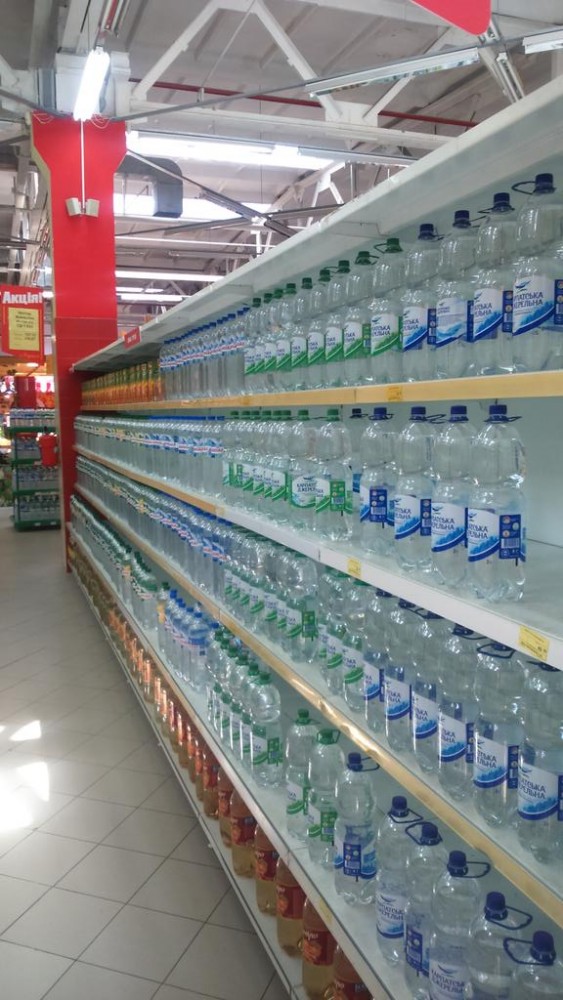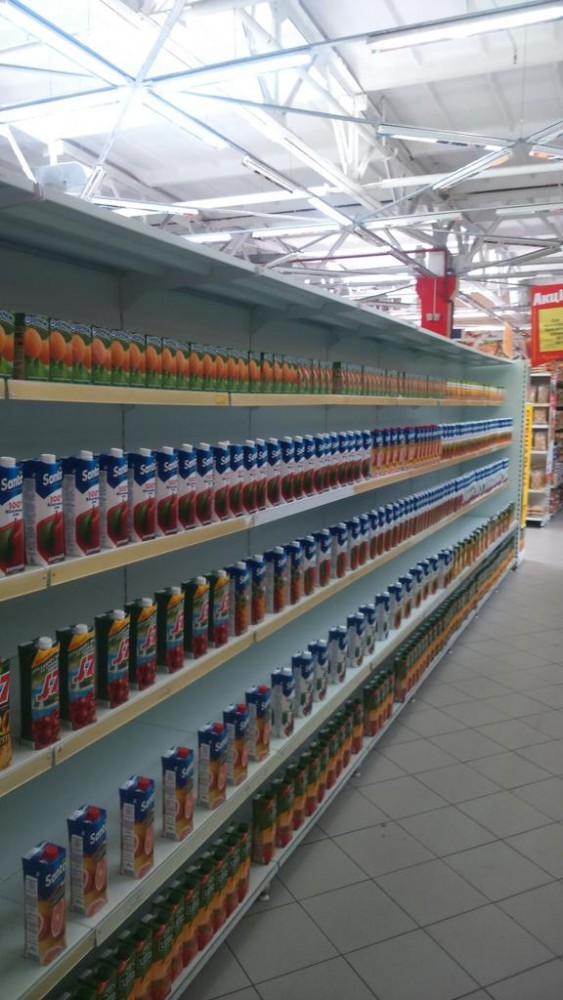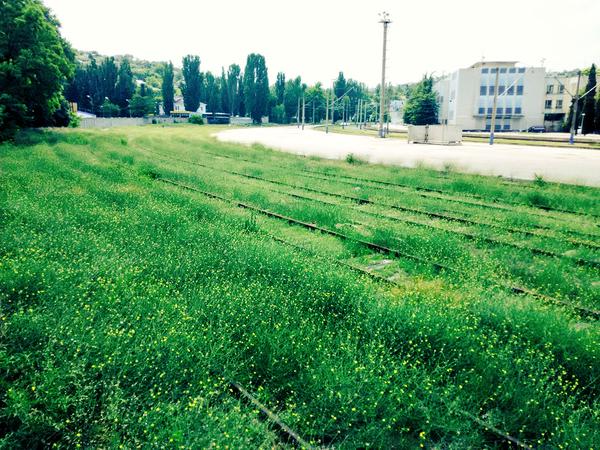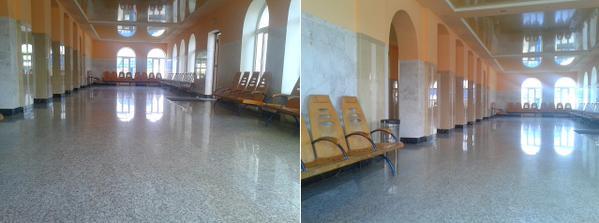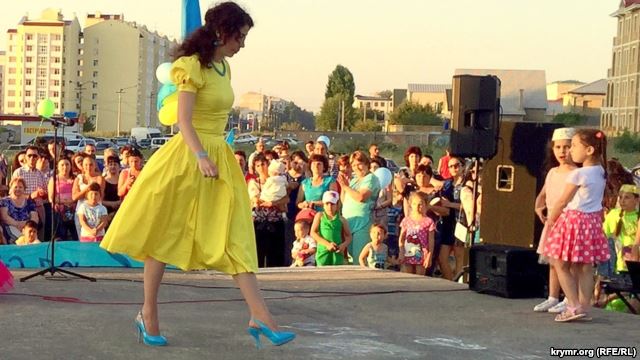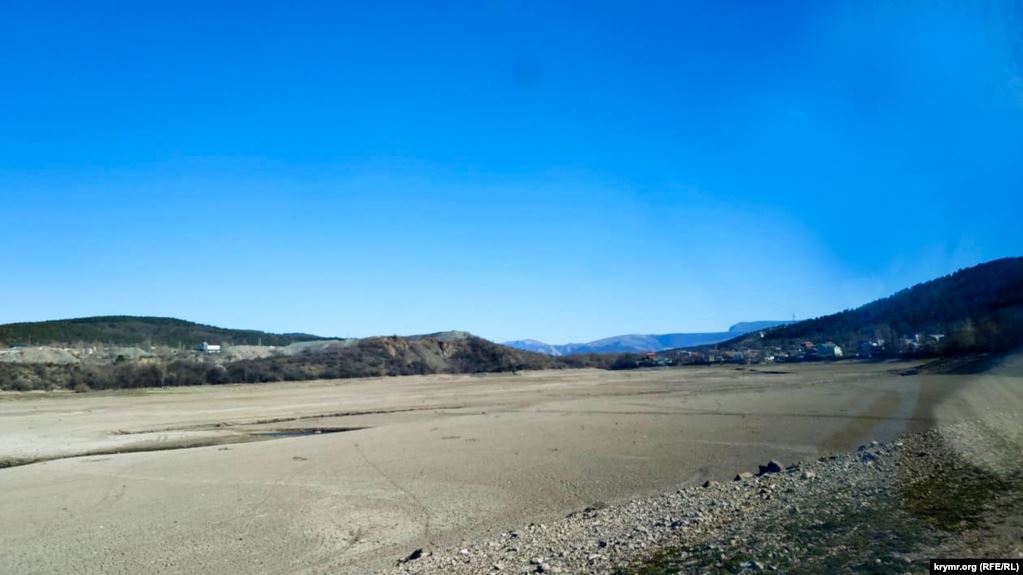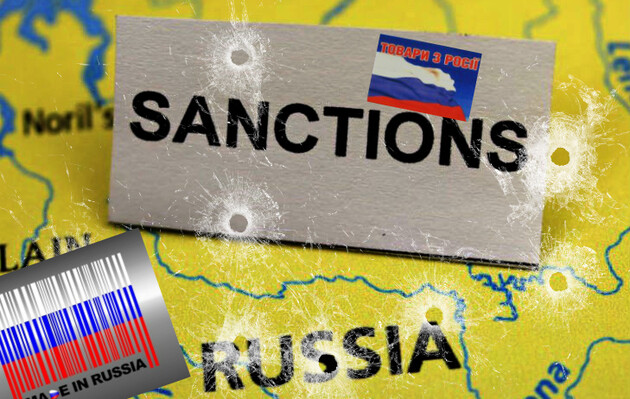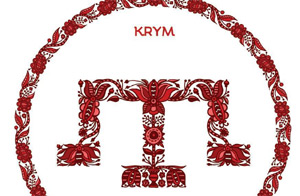That Vladimir Putin’s Anschluss of Crimea has divided Russian nationalists has been obvious since the opening days of Russian aggression against Ukraine, with some Russian nationalists supporting Moscow’s and others going so far as to travel to Ukraine to fight against the imperialism they see as a threat.
But the way in which the Anschluss has divided the Russian left, including those who self-identify as communists, has attracted far less attention, although the split in its ranks over Crimea and the Donbas may be just as profound as the one so widely noted among the Russian right wing.
And what may be more important is that the divisions on the left may presage challenges to the Russian occupation regime from an unexpected source – ethnic Russians and Russian-speaking Ukrainians who are increasingly appalled by what the occupation has wrought for them.
In a commentary on the pro-communist portal Forum-MSK.org, Sergey Kinzhalov addresses this issue head on, pointing out that “’the Crimean question’ has split the Russian left” and raised “a multitude of questions” about how Marxists should evaluate the annexation of territory by one “bourgeois” state from another.
A Marxist, Kinzhalov says, must support “the right of every nation (and let us add, more broadly, every region) … for free self-determination.” Those who deny that, he says, “cannot be considered Marxists.” Consequently, “Russian communists unqualifiedly recognize that the residents of Crimea have that right; more than that, they have never denied it.”
But, “as V.I. Lenin said, recognition of the right to self-determination in principle and support of a specific national (regional) movement are hardly one and the same thing.” Marxists, he taught in Kinzhalov’s words, “hardly must support every irredentist or separatist movement only because it appeals to the right of nations to self-determination.”
Instead, he continues, they must assess it always and above all from the point of view of class analysis. What does that mean in the case of Crimea? According to the analyst, “there is no doubt that the state of Ukraine which arose at the end of 1991 on the wreckage of the Ukrainian SSR was a bourgeois state.”
Crimea, he argues, was dominated throughout this period by ethnic Russians and Russian-speaking Ukrainians who identified not with Kyiv but with Russia and displayed “a certain mixed Russian-Soviet mentality and way of life.” The Ukrainian authorities “did not devote sufficient attention to the national question in Ukraine.”
“Naturally, one must not believe Russian propaganda which asserts that the ruling elite of Ukraine conducted a virtual genocide of Russian-speaking Crimeans.” At the same time, however, Kinzhalov says, “one cannot deny either that Ukrainization, albeit slowly … was being imposed on the population and for obvious reasons was viewed by that population negatively.”
Nonetheless, the communist commentator says, “the ideas of Russian nationalism never enjoyed great popularity in Russian Crimea.” They were always marginal, and in 2010, the Russian nationalist party garnered only five percent of the vote, two percentage points less that the Ukrainian nationalist Rukh.
In short, “the Russian nationalists in Crimea lost to the Ukrainian nationalists!”
The Russian nationalists there or more precisely their leaders were able to seize power in Crimea in February-March 2014 “above all because as in the case with Ukraine, the popular movement in Crimea was spontaneous and unorganized.” Crimeans did not rise to defend Yanukovych or Ukraine.
Those who took power in Crimea were members of the local bourgeoisie, Kinzhalov says, and they did so because “the Crimean revolution received support from the political leadership of the Russian Federation which sent into the peninsula contingents of Russian forces which took control of all strategically important places in the cities of Crimea [and] blocked and disarmed the Ukrainian forces,” so quickly and unexpectedly that no one was ready to resist.
Crimean residents who backed this revolution were divided because they were pursuing different and sometimes “contradictory” interests, Kinzhalov continues. The population as a whole hoped for a better life and the end of the corruption that they associated with Kyiv, but the bourgeoisie, he says, simply wanted to displace the Ukrainians and control more property.
The latter succeeded, and it soon became obvious that Putin was on their side, not on the side of the Russian-speaking population of Crimea. All he wanted was “a short, victorious and bloodless war, a war without shooting–and therefore still more victorious–in order to strengthen his regime which had been shaken by the mass protests of 2011/12.”
“Naturally,” Kinzhalov says, the Crimean bourgeoisie and the bureaucracy and the Putin elite quickly found a common language and “viewed one another as allies,” with Putin ready to guarantee the powers of the bourgeoisie and bureaucracy in exchange for declarations of loyalty, and the latter, together with their Russian counterparts, prepared to work with him on that basis.
What that means is this: “In March 2014, Crimea was taken out of one bourgeois state and annexed to another. The Crimean Republic created inside the Russian federation is in no way different from the ‘Ukrainian’ Republic of Crimea,” from a Marxist point of view given that these are all “bourgeois state formations.”
But, Kinzhalov argues, “the victory of the Russian bourgeois and petty bourgeois nationalists in Crimea is explained not only by the support from Putin and the Russian armed forces. Also playing a role was the fact that they almost did not meet any resistance.” And that is strange.
“If the positions of the Ukrainian nationalists on the peninsula initially were weak, that could not be said about the communists. The Communist Party of Ukraine had always been strong precisely in Crimea,” and it was well organized locally and with much influence. Indeed, “in this regard, Crimea was one of the most ‘red’ regions of bourgeois Ukraine.”
But “both the Crimean and Russian communists during the events of February-March 2014 chose an incorrect tactic. They unqualifiedly supported the position of the Russian authorities and in fact were trapped in the tail of the Russian nationalists and did not make any effort to take power into their own hands.”
And that was the case, Kinzhalov adds, “despite the fact that the Russian nationalist parties and organizations were weaker than the Communist Party.” Instead of acting, the communists in Crimea passively or even actively supported the inclusion of Crimea within “bourgeois Russia” and the subordination of their republic to “the Russian silovik oligarchy.” [Siloviki – members of force structures, i.e. secret services, police and military — Ed.]
Most communists in Russia supported the Kremlin’s action, he writes, “welcoming the formation of two new regions in the bourgeois Russian Federation,” although a minority of them “took the absolutely incorrect approach of supporting the territorial integrity of bourgeois Ukraine.”
Given their experience with the new Russian realities, Kinzhalov says, Crimean residents are rapidly dispensing with their “rose-colored glasses.” He alleges that they don’t want to see their republic returned to Ukraine, but “at the same time,” they are increasingly angry at the policies the bourgeois Russian Federation is carrying out in their land.
Dissatisfaction is growing in Crimea, he argues, because despite all the claims of Russian propaganda, Crimea’s people “are being convinced by their own experience that in Rus, only the rich can live well, but not the people.”
Is there a way out? “Bourgeois nationalists of Ukraine and Russia are unsuccessfully trying to impose on all of us a choice between two equally unacceptable evils,” a Crimea within Ukraine or a Crimea within the Russian Federation. But the Russian left must not allow either to define the choice.
Instead, Kinzhalov says, the left in Russia and in Ukraine must say “’We are against a bourgeois Ukraine, we are against a bourgeois Russia, [and] we are against a bourgeois Crimea! We are for a Soviet Russia, we are for a Soviet Ukraine [and] we are for a Soviet Crimea.” And to that end, the left must expose what the rulers are doing in all three places and demand the formation of a Crimean Soviet Socialist Republic.





